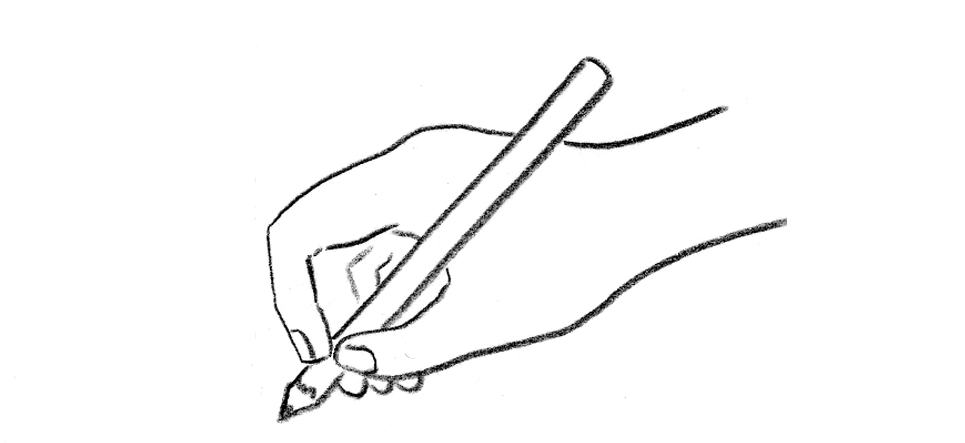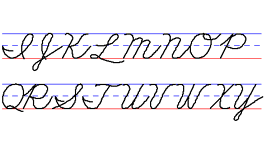"Don't worry, he will write on a computer."
Children with poor motor-skills need training in handwriting and should not be told to simply forgo the pencil and use a computer to write.
A bright teen came to me for help. He wrote only on the computer and found that there were times when it was necessary to write by hand. His lack of handwriting experience hindered him with illegible and slow writing, but more significantly, he had problems composing without a computer. He was unable to mentally outline an essay—he had always used cut and paste to organize his thoughts.
Poor motor-skills can improve with age and practice. As a young child, this teen should have received help with his fine-motor and gross-motor development, and the standard of perfect penmanship should have been loosened. His caring parents would have helped him, but they were told, "Don't worry, he will write with a computer." As it was, this bright and motivated young man saw the need to catch up and simply worked on it himself. For some, an occupational therapist trained to work with handwriting can make the difference.
The computer is a fine tool for writing, but not when it keeps us from exercising our brains. Handwriting practice that leads to a legible script is a terribly important skill for growing minds. It is a necessary skill that should not be taken lightly.
Drawing instruction is not only for
the artistically talented child.
Handwriting instruction is not only for
the child with a flair for penmanship.
Handwriting is an Art!
Speech, writing, grammar, spelling, vocabulary—the parts and pieces of Language Arts. They fall into the categories of creativity and craftsmanship:
- Creative—stories, poetry, vocabulary
- Craft—reporting, instructions, handwriting, spelling









